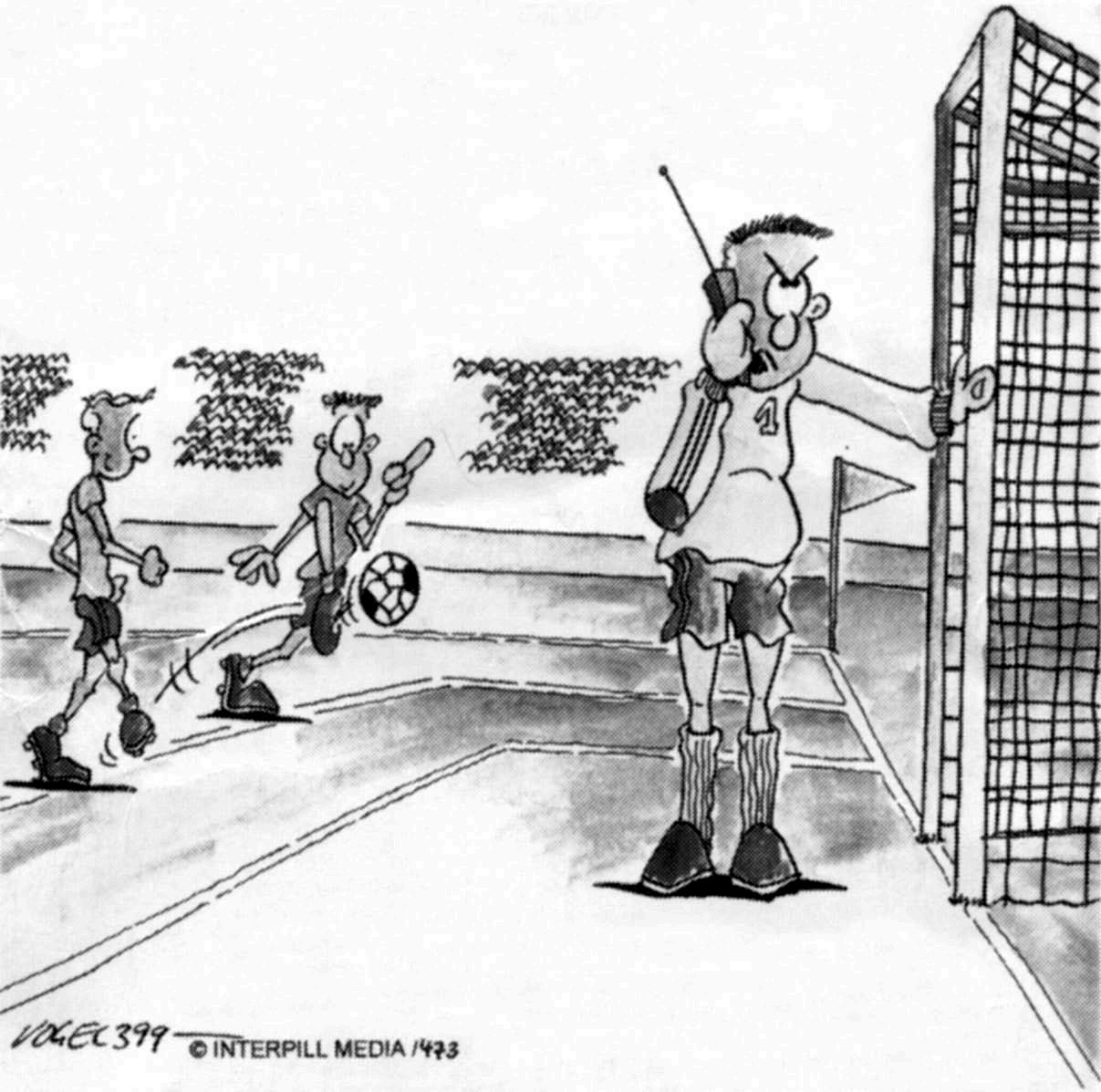
2 minute read
10.3 Subordination: noun clauses
The subject of the clause after sondern or und can be omitted (‘understood’) if it is the same as that of the first clause:
Angela kam um vier Uhr an und ging dann zu ihrer Tante. Angela arrived at four and then went to her aunt’s. Wir gingen nicht ins Kino, sondern blieben zu Hause. We didn’t go to the cinema but stayed at home.
Advertisement
However, if there is a word or phrase in front of the verb in the second clause, the SUBJECT must be repeated:
Angela schrieb ein paar Briefe und dann ging sie zu ihrer Tante. Angela wrote a few letters and then she went to her aunt’s.
Coordinating conjunctions most often link MAINCLAUSES, with the verb in second position in both, as the examples given so far show. But they can also link two parallel SUBORDINATECLAUSES (introduced by a subordinating conjunction). In this case the verb is in final position in both clauses:
Ich weiß, dass sie gestern krank warund dass ihr Mann deswegen zu Hause geblieben ist. I know that she was ill yesterday and that her husband stayed at home for that reason.
Clauses introduced by the subordinating CONJUNCTION dass (that) substitute for a noun or noun phrase in the clause they depend on.
A dass-clause can substitute for a NOUNPHRASE in a number of ways:
verb Dass sie morgen kommt, erstaunt mich. subject I find it surprising that she’s coming tomorrow. Dass er sie betrogen hat, steht jetzt fest. It is now certain that he betrayed her. accusative Sie versicherte mir, dass alles in Ordnung war. object She assured me that everything was all right. Ich weiß, dass sie das Examen bestanden hat. I know that she has passed the exam. prepositional Sie ärgerte sich darüber, dass er so wenig getan hatte. object She was annoyed that he had done so little. Er wartete darauf, dass Peter ihn grüßte. He waited for Peter to greet him. dependent on a Sie hatte das Gefühl, dass er bald kommen könnte. noun or adjective She had the feeling that he might come soon. Sie war böse, dass er es ihr nicht gesagt hatte. She was angry that he had not told her about it.
„Wie oft habe ich dir schon gesagt, dass du mich während der Arbeit nicht anrufen sollst!“
dass can be omitted in some contexts. The clause then has the word order of a main clause, with the verb second:
Sie sagte, sie würde es nicht tun. She said (that) she wouldn’t do it.
Sie sagte,dass sie es nicht tun würde. Sie hoffte trotzdem, er könnte noch kommen. She hoped nevertheless that he might still come. Sie hoffte trotzdem,dass er noch kommen könnte.
In practice, dass is omitted much less often than English ‘that’. It is frequently omitted after verbs of saying and, especially in spoken German, after verbs of hoping and thinking.
Anticipatory es
A dass-clause which is being used as the subject or object of a verb is sometimes anticipated by es in the preceding clause:
Es fiel mir auf, dass sie plötzlich fehlte. It struck me that she was suddenly missing. Dann fiel (es) mir auf, dass sie plötzlich fehlte. Then it struck me that she was suddenly missing. Ich bedaure (es), dass sie nicht kommen konnte. I regret that she couldn’t come.
This ‘anticipatory’ es is common with a number of verbs, but it is only necessary if the subject is in initial position before the main verb, as in the first example above.


